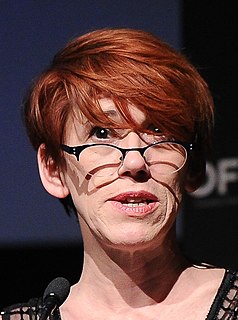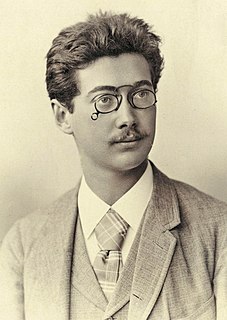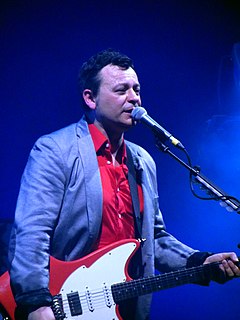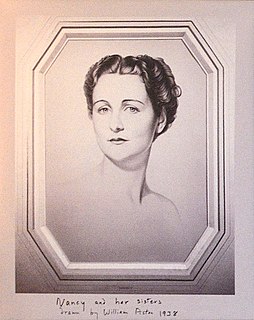A Quote by Kelsea Ballerini
I try to be as honest as I can in writing. That's what ends up translating and relating to people.
Related Quotes
Writing fiction is very different to writing non-fiction. I love writing novels, but on history books, like my biographies of Stalin or Catherine the Great or Jerusalem, I spend endless hours doing vast amounts of research. But it ends up being based on the same principle as all writing about people: and that is curiosity!
After a while, being so honest and so vulnerable on the page ends up affecting my own kind of self possession in the world, because I am not afraid of myself and my own thoughts. I think so much of being a woman, of being a social being, of being polite, is quieting those thoughts. There's so much we try not to say as we go through the day. There's a lot of tempering and self-editing. It is a relief to make writing that space where I don't need to do that.
Writing has to do with truth-telling. When you're writing, let's say, an essay for a magazine, you try to tell the truth at every moment. You do your best to quote people accurately and get everything right. Writing a novel is a break from that: freedom. When you're writing a novel, you are in charge; you can beef things up.
Translation is entirely mysterious. Increasingly I have felt that the art of writing is itself translating, or more like translating than it is like anything else. What is the other text, the original? I have no answer. I suppose it is the source, the deep sea where ideas swim, and one catches them in nets of words and swings them shining into the boat... where in this metaphor they die and get canned and eaten in sandwiches.
The people I've met -- obviously, the people I'm going to meet after concerts are people that bother to hang around and there's going to be more of a chance of things translating to them because they're going to take more time over it, if they're going to wait around to meet us. But so far, it does seem as if things written down are translating into people actually buying it, that kind of way.



































